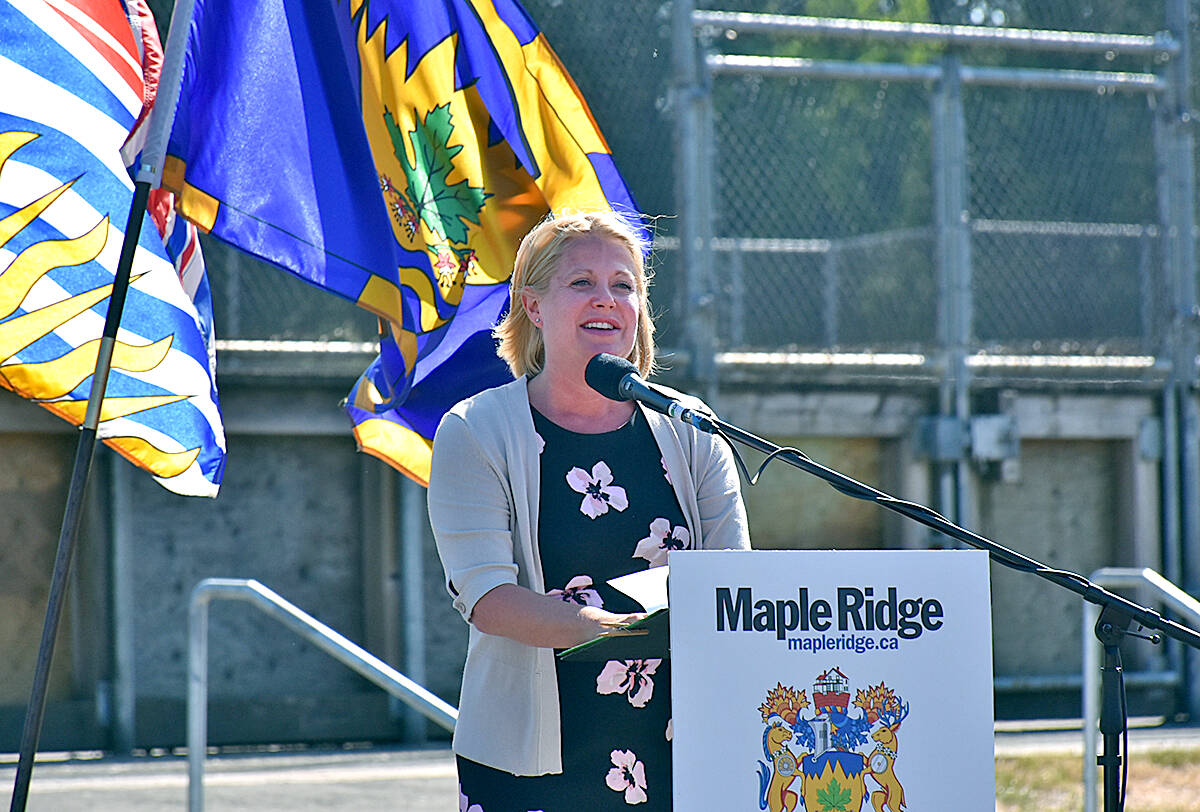B.C. will continue to push for exemptions to the federal government’s cap on international study permits for certain professions, but the process for capping those permits is getting underway next week.
Starting March 4, applications from foreign students must include attestation letters, which prove applicants count toward B.C.’s allotment of 83,000 international study permits. The allotment is down from 97,000 in 2023, following Ottawa’s decision to cap permits.
Post-Secondary Minister Lisa Beare announced Friday that B.C. will start sending out those letters to public and private post-secondary institutions, which will send them to applicants. These letters do not guarantee admission. B.C. expects 50,000 international students will get into B.C.’s public and private post-secondary institutions, a drop of 10,000 from 2023.
The changes will disproportionately affect private institutions. While public and private institutions will receive about the same share of attestation letters as in the past with 53 per cent going toward public schools, private schools will have to choose their future students more carefully, as they will receive 27 per cent fewer study permits than they did in 2023.
“For the private institutions, the federal government has clearly indicated that they want to see a reduction,” Beare said.
Beare alluded to concerns that some private institutions have been growing at what she later called “unsustainable” rates with corresponding declines in the quality of education.
In 2022, almost 95,000 international students were studying at some 280 private colleges and universities, an increase of almost 40,000 from 2020. By contrast, the number of international students at public schools barely moved from 80,205 in 2020 to 81,545 in 2022.
RELATED: B.C. pushing for exemptions to Ottawa’s cap on foreign students
RELATED: New admissions cap will cut international student visas by 35 per cent
“We welcome international students to B.C. and we want international students to have a positive experience when they study in our province,” Beare said.
She expects private institution closures because of the new cap, but could not say how many, adding it will be up to the private institutions to attract the best possible students.
With the letter of attestation process soon underway, the province will also be able to introduce new enforcement and compliance measures for private institutions, she added.
Beare said that B.C.’s 25 public institutions will “largely remain whole” when it comes to international students.
The new system does not apply to: master’s or doctoral degree students; international students already in Canada with a valid study permit or in-Canada work permit holders and their in-Canada family members; students already in Canada applying for an extension; and students whose application was received before 8:30 a.m. (EST) on Jan. 22, 2024, the date of the cap’s announcement.

